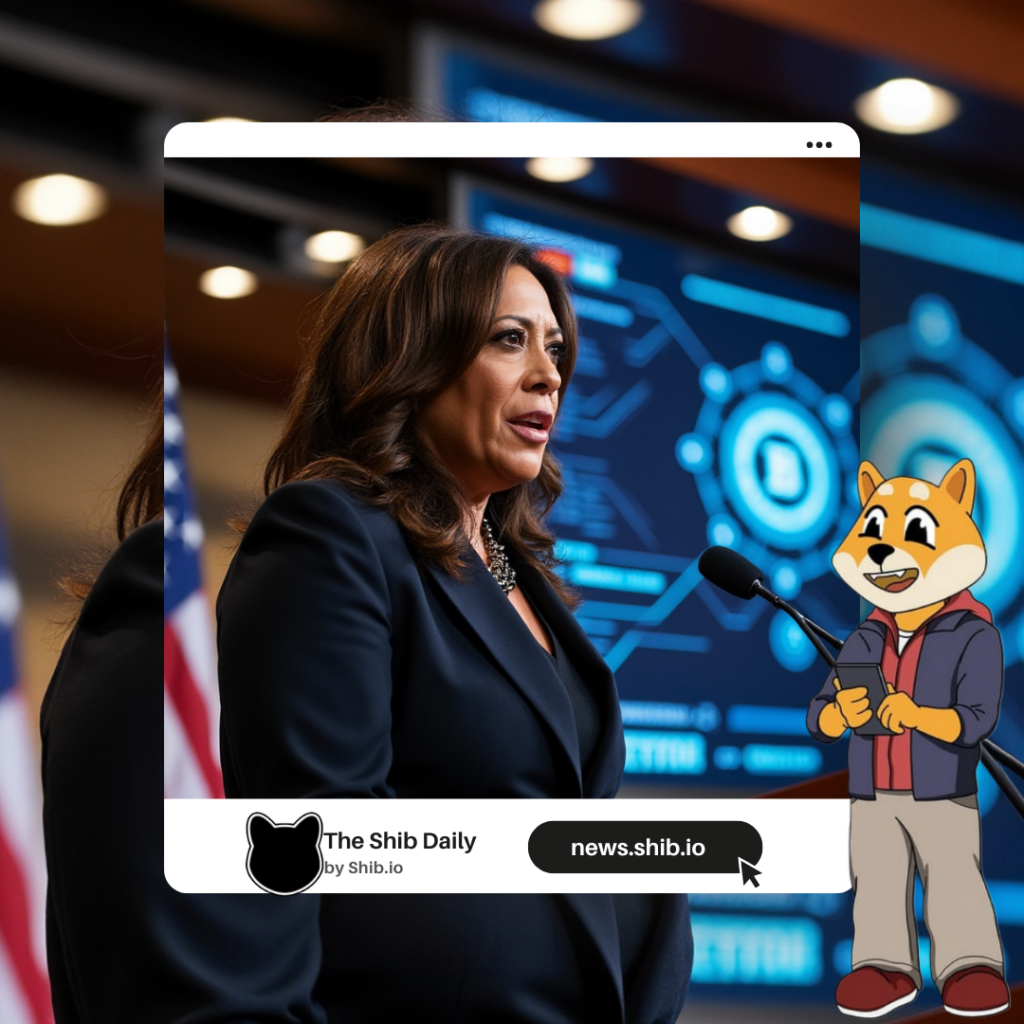In the hushed halls of the Supreme Court and the bustling server farms where Bitcoin is mined, a novel constitutional clash is brewing. The question at hand: Is BTC merely a digital currency, subject to the whims of government regulation, or is it, аs the New York Digital Investment Group (NYDIG) forcefully argues, a form of speech protected by the First Amendment?
The New York Digital Investment Group (NYDIG), a technology and financial services firm dedicated to BTC for institutions, private clients, and banks, in a meticulously researched report, threw down the gauntlet. It asserted that “Bitcoin is free speech protected by the First Amendment and therefore regulating bitcoin has clear constitutional implications.”

This bold declaration reframed the debate surrounding cryptocurrency, shifting it from the realm of finance to the foundations of free expression, echoing arguments made years earlier by prominent figures in the crypto space. As Bruce Fenton, CEO of Chainstone Labs and host of the Satoshi Roundtable, proclaimed in 2021, “Code is speech…They can’t stop you from running #Bitcoin in the US. Bitcoin is speech in the form of code, given away freely. We have an inalienable, God-given right to run the code we want.”
The report painted a picture of BTC not as a cold, calculating financial instrument, but as a vibrant, almost boisterous, community engaged in continuous dialogue. “Bitcoin, in short, is comprised of—and cannot function without—constant communication among its participants,” the report declared.
Every transaction, every block mined, every line of code debated and revised, was an act of communication, a digital utterance in a global conversation. Justin Wales, Head of Legal for the Americas at Crypto.com, noted the report’s alignment with his earlier scholarship, tweeting, “Been saying this for years. My law review article on the subject is cited several times in NYDIG’s paper.”
Related: Industry Celebrates the New $70M Domain Mogul But His Crypto Shadows Linger
NYDIG’s argument went beyond the mere transmission of data. They argued that BTC wasn’t just speech, but expressive speech, imbued with political meaning. “Launched amidst the Great Recession,” the report noted, “Bitcoin was designed to free individuals from the government monopoly over money.” The very first message inscribed on the BTC blockchain, a headline about bank bailouts, served as a digital Rosetta Stone, unlocking the underlying political philosophy of the cryptocurrency.
For many BTC holders, NYDIG argued, engaging with the cryptocurrency was an act of protest, a digital sit-in against government control of currency. “In transferring and mining bitcoin,” the report stated, “many individuals…aim to send a political message of protest against the status quo of governmental monopolies over money.” This act of using and mining BTC, they contended, was akin to wearing a black armband or burning a flag – expressive conduct long recognized as protected by the First Amendment.
Furthermore, NYDIG posited that the BTC network itself, despite its decentralized and leaderless structure, constituted a form of expressive association. “The bitcoin protocol is encoded with political and moral values—it is anti-debasement, anti-censorship, and pro-individual liberty by design,” the report emphasized. BTC users, scattered across the globe, were united by these shared values, forming a digital community engaged in a shared political project.
Related: Crypto Titans Bunker Down Now: Vitalik’s Austerity Vow, Binance $1B Bitcoin Shield
This argument set the stage for a high-stakes legal battle. While the SEC largely treated BTC as a security or commodity, subject to its regulatory power, NYDIG’s report challenged this very premise. If BTC was indeed speech, then regulations aimed at controlling it had to withstand the rigorous scrutiny of the First Amendment. The NYDIG report argued that many existing regulations, such as New York’s moratorium on BTC mining, would fail this test, being both underinclusive and ineffective in achieving thеir stated goals.












